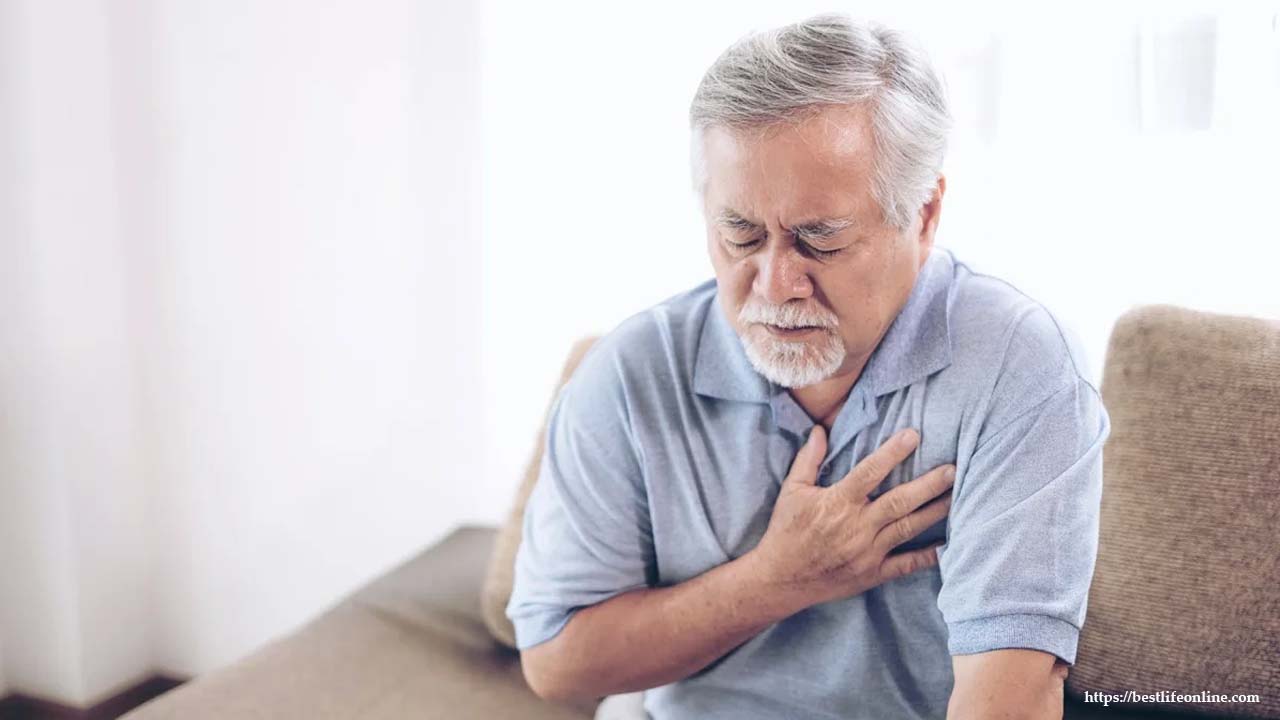Normal adult heart rate is 60-100 beats per minute. Heart rate faster/quickly than this (100) is termed tachycardia in medical terminology and if it’s beating below 60 beats per minute, it is called bradycardia.
Heart rate is the number of times your heart beats in one minute. It varies from person to person. Overall health and activity you are indulging in can influence your heart rate. For example, the heart beats faster if you are doing any kind of exercise or any physical activity and it may slow down while resting/relaxed.
Tachycardia can be temporary. It may be a reaction to the process /actions such as anxiety, stressful emotions, excitement, exercise, caffeine, alcohol, and certain drugs. During pregnancy, tachycardia is common because of hormonal changes.
However, patients with abnormal heart rhythm or frequently skipped heartbeats, or irregular heartbeats should consult the doctor for further tests and diagnosis.
Most of the time, the causes of rapid heart rates are not dangerous. Although it can be problematic if it’s not going back to normal in some time or lasts too long. Tachycardia itself is a symptom of several health conditions but let’s take a look at symptoms associated with tachycardia
- Chest pain
- Shortness of breath
- Dizziness
Tachycardia or racing heart or faster heartbeat can indicate an underlying health condition like
- Cardiovascular diseases
- Dehydration
- Anemia
- Hyperthyroidism
- Electrolyte imbalance
If you notice that your heart is racing even while resting, when you are not doing any exercise, physical activity, or stress, do consult a doctor as soon as possible.
Lower your heart rate with these tips
1. Relaxation techniques – Yoga and meditation are the best relaxation techniques to calm down the racing heart rate. Avoid taking stress. Try to take deep breaths every 2-3 hours.
2. Drink sufficient water – Dehydration can be the prime reason for heart palpitations several times. Dehydration causes thicker blood. The thicker the blood is, the harder heart has to work to circulate the blood to different veins. Darker urine suggests dehydration. So, drink enough water to prevent heart palpitation.
3. Avoid stimulants – Intake of certain substances may cause faster heartbeats. Eliminating these foods from your daily routine will help you avoid tachycardia.
- Caffeinated beverages
- Alcohol
- Tobacco products
- Illegal drugs like cocaine, morphine, charas.
4. Eat a balanced diet and avoid foods like salt, sugar, processed or packaged foods, saturated fats and trans fats.
If your heart beats faster even after trying all these techniques, definitely consult your doctor. Early diagnosis or testing can take you to positive outcomes of treatment.
(Disclaimer: The content on this site is for informational purposes only, and should not be taken as professional medical advice. Always seek the guidance of your doctor or other health professionals for any questions you may have regarding your health or a medical condition.)

 Whenever our heart beats faster or races for no reason, the first thing that comes to our mind is, is something wrong with my heart? A higher heart rate means the heart is pumping faster or harder than usual times. Racing heart rate is generally not a matter of worry. But it may direct you to unknown underlying health conditions.
Whenever our heart beats faster or races for no reason, the first thing that comes to our mind is, is something wrong with my heart? A higher heart rate means the heart is pumping faster or harder than usual times. Racing heart rate is generally not a matter of worry. But it may direct you to unknown underlying health conditions.





.jpeg)
.jpeg)

.jpeg)
.jpeg)
.jpeg)
.jpeg)
.jpg)
.jpeg)
.jpeg)





.jpeg)

.jpeg)








